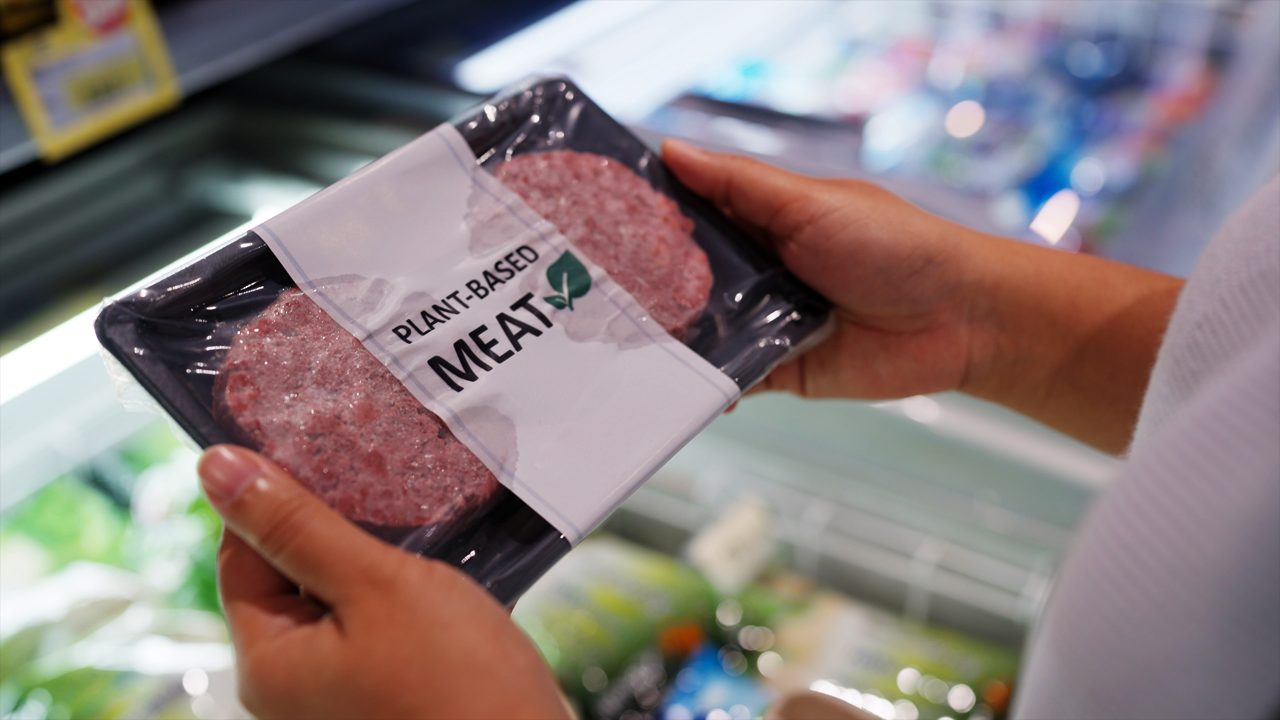New research from the University of Auckland has revealed that many vegetarian meat products are not only less healthy but also more expensive compared to many traditional options such as canned legumes or tofu.
The author of the study, University of Auckland Public Health Dietician Dr Leanne Young told REX host Dominic George that when looking at products that substitute meat, while they contained good amounts of protein, they tended to be higher in salt and saturated fat.
"We were concerned about that in particular," she said.
"New Zealanders do eat a lot of salt and we do consume saturated fat so those are things we are trying to get down in the diet rather than up."
The University completes an in-depth review of supermarket products every year and keeps a database of information on around 15,000 foods including each product's nutritional value.
The food is then categorised including a meat alternatives category and canned legumes category, which is where they sourced their data from.
12% of meat alternatives surveyed had a 3.5 health star rating or higher, which Dr Young said is their cut-off for a 'healthier product'.
Comparatively, when looking at tofu, beans and legumes, 91% of those products scored a 3.5 health star rating or higher.
She noted that only about 30% of products actually display a health star rating, with very few products in the meat alternatives category displaying a health star rating at all.
"It really was quite a stark difference."
A voluntary scheme that has been in the New Zealand food supply since 2014 and Dr Young said their research shows it is skewed to predominantly healthier products that tend to display health star ratings compared to less healthy products that are less likely to show how healthy it is.
"Within a category, if you are trying to choose a product, if you can see one has a lower versus a higher, you know the higher one is going to be healthier.
"We just really need to get many more products out there with the health star rating on it so that can be much more useful than it is at the moment."
After a recent five-year review, a requirement has been set aiming to have at least 70% of all products with a health star rating by 2025 and if these numbers aren't met, even more strict regulations could follow.
Comparing prices per 100 grams, she told George that canned legume products averaged 30 to 70 cents compared to meat alternatives which around were $2 to $2.50 for the same volume.
"They are quite a lot more expensive so if you are trying to make your budget go a bit further, it makes those sort of products a little bit harder to afford."
Although there is a perception that suggests consumers are doing the 'right thing' by choosing meat-free alternatives when it comes to animal welfare and emissions, Dr Young said while there is a lot to still be learnt when it comes to meat-free products, the less something is processed, the better is a good general guide when it comes to preserving the environment.
"What we do know is that our canned beans and legumes are much less processed so they are going to have much less effect on production of greenhouse gases.
"We really want to direct people more towards those less processed versions and they are cheaper as well."
She said their top priority as researchers is to provide consumers with as much information about the food they buy that will allow as many people as possible to have access to as healthy and sustainable diets as possible.
Listen to the full chat between University of Auckland Public Health Dietician Dr Leanne Young and Dominic George above.
To check out more episodes listen to the REX Today Podcast anytime on your favourite streaming platforms including Spotify, Apple Music and Rova or tune in to REX Mornings live on Magic from 5 am to 6 am every weekday.
Visit the Rural Exchange Facebook or Instagram page for more information and regular updates from the REX team.










